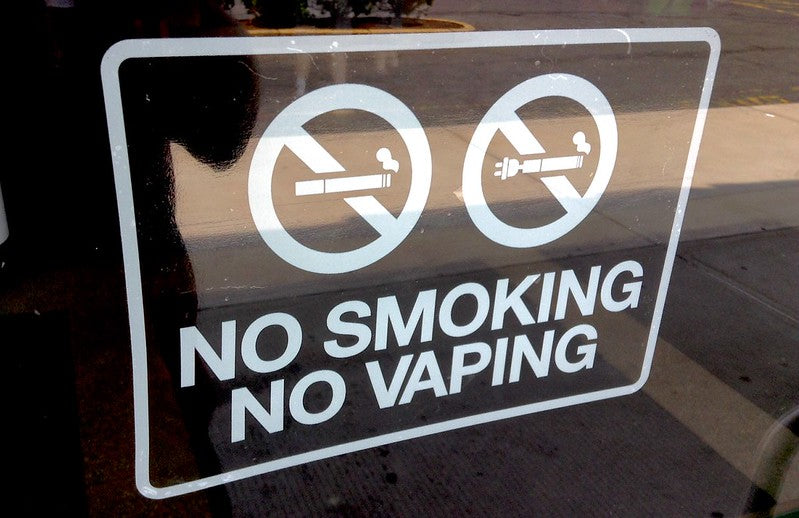Vaping has become a popular alternative to smoking, but it's still a relatively new technology that has sparked a number of myths and misconceptions. In this post, we'll explore some of the most common myths and misconceptions about vaping, and set the record straight.
- Myth: Vaping is as harmful as smoking.
Fact: While vaping is not completely risk-free, it is generally considered to be less harmful than smoking. E-cigarettes and vape devices do not contain the tar and other harmful chemicals found in tobacco smoke, which are known to cause a wide range of health problems.
- Myth: Vaping is just as addictive as smoking.
Fact: E-cigarettes and vape devices can contain nicotine, which is an addictive substance. However, the amount of nicotine in e-liquids can vary, and many vapers choose to use e-liquids that do not contain any nicotine at all.
- Myth: Vaping is only for young people.
Fact: While vaping is more popular among young people, it is not limited to any particular age group. In fact, many vapers are former smokers who have switched to vaping as a way to reduce their nicotine intake.
- Myth: Vaping produces second-hand smoke.
Fact: Vaping does not produce smoke, but rather a vapour that dissipates quickly. While some studies have suggested that second-hand vapour from e-cigarettes may contain some harmful chemicals, the levels are typically much lower than those found in tobacco smoke.
- Myth: Vaping is a gateway to smoking.
Fact: There is no evidence to support the claim that vaping leads to smoking. In fact, many studies have shown that vaping can be a useful tool for smokers looking to quit, and may actually help to reduce the number of people who start smoking.
- Myth: Vaping indoors is illegal.
Fact: Vaping is legal in most countries, although some have restrictions on where and when it can be used. In the UK, for example, vaping is legal and can be used in many public spaces, although some places may have their own rules about vaping.
- Myth: Vaping is not regulated.
Fact: Vaping products are subject to a range of regulations, including those related to product safety, packaging, and advertising. In the UK, e-cigarettes and vape devices are regulated under the Tobacco and Related Products Regulations 2016.
Conclusion
There are many myths and misconceptions about vaping, but it's important to separate fact from fiction. While vaping is not completely risk-free, it is generally considered to be less harmful than smoking, and can be a useful tool for smokers looking to quit. If you have any concerns about vaping, speak to your healthcare provider for advice.

